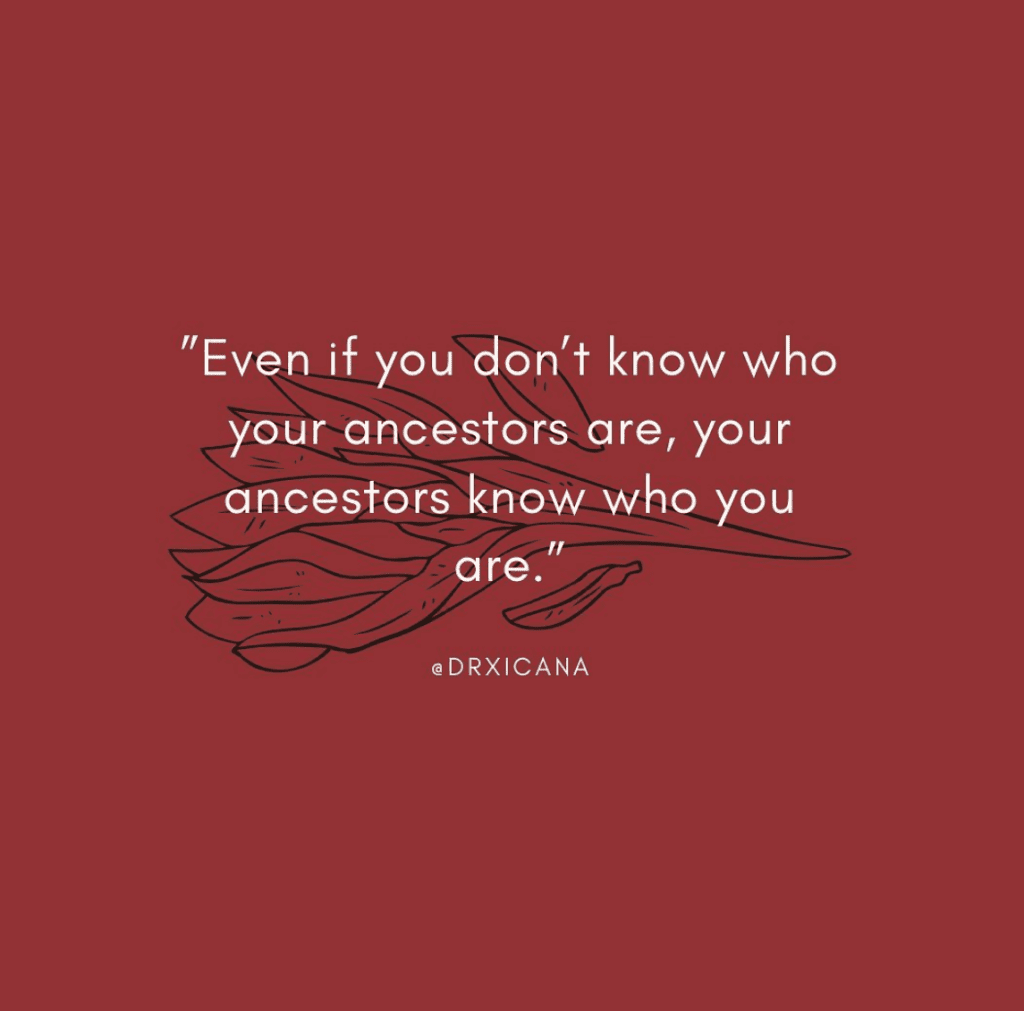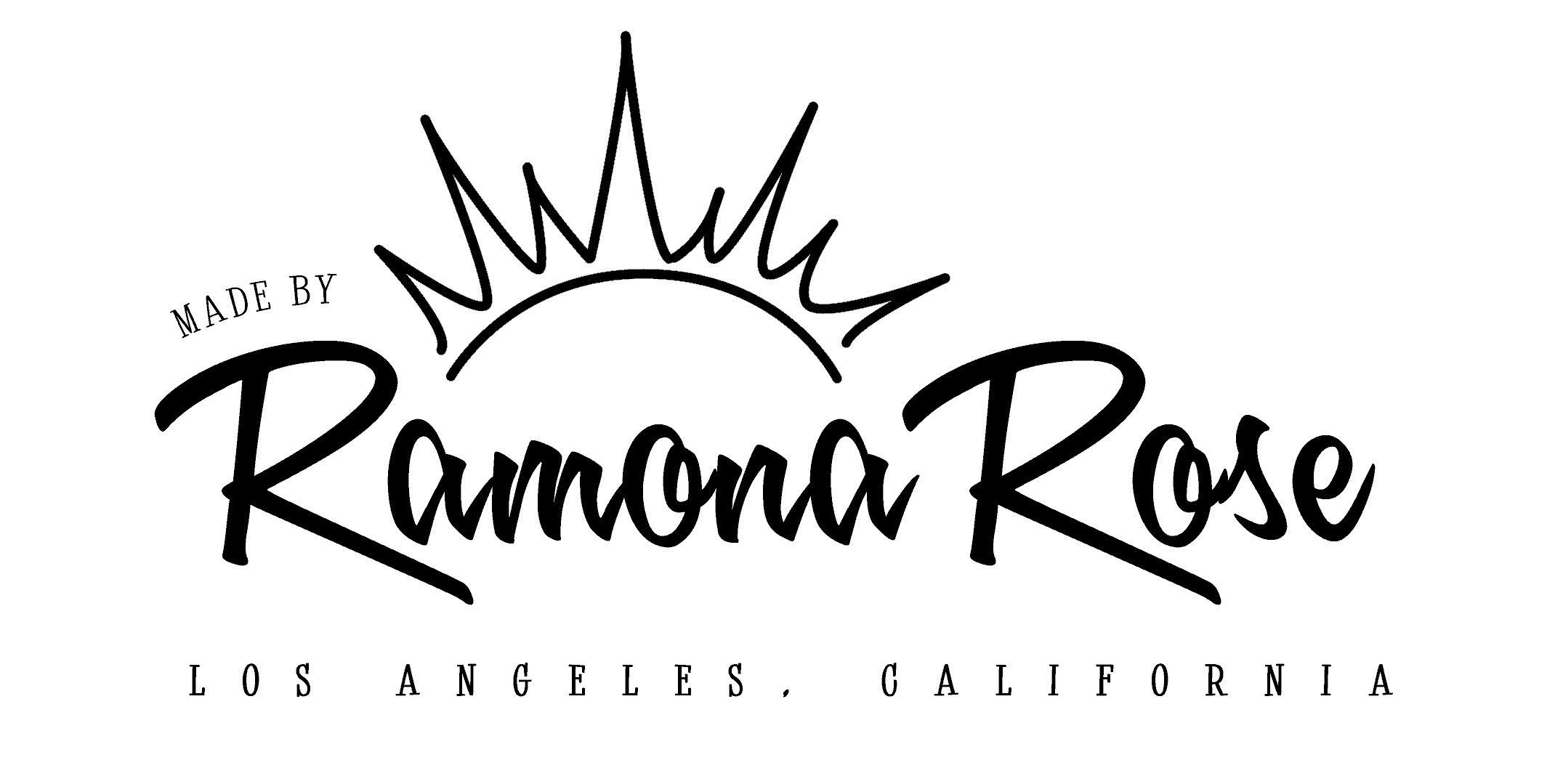… or
why I’m back here blogging, what’s gonna be the same, and what’s gonna be different this time.
I was talking with a beautiful friend recently about social media, and how being a minority (of any kind) made it simultaneously wonderful (so many people all over means now you’re not the only one!) and terrible (soooooo many people all over means lots more … of the same.)
Growing up, I was a minority financial aid kid at some pretty elite schools. Theoretically, I was really really lucky to “be given the opportunity” to attend these schools, but at the same time, there was a lot of pressure. One strike and I’d be out, and I knew that, and I also knew that I’d mess things up for future kids who looked like me. I was smart, and I tested well, and was an “asset” to the schools not only for my test scores but ALSO for the diversity boxes they could check. I got a lot of snide comments, from classmates and teachers, and even a college counselor (not mine), over the years, about how I was only there “because of affirmative action,” so I’d feel even more pressure to excel academically and prove them wrong. Just being me wasn’t enough.
It worked, kind of. I got scholarships, and got into Yale, the number 1 school in the country that year, early decision, which was the goal, right? I had no clue what I was doing, or where to go after, because all the focus had been on “being an asset” and “proving them wrong” but not on what to do with my life (other than to continue to reflect well on the schools I’d been “lucky” enough to attend.)
Anyway, at all the schools I was the only, or one of a few, who looked like me, and mostly everyone was white (and privileged). After college I came home, and then the Mr and I got married, and I was a young mom (not the nanny, despite all the times I was asked), and then we homeschooled, and it’s not like I didn’t make amazing and wonderful friends of all colors (mostly white, though), it’s just that I didn’t regularly meet other brown people.
I was 15? I think, when I started a club at my high school called PEACE with my friends Candace and Derryce. PEACE stood for People for Ethnic and Cultural Equality, and pretty soon we were the largest club on campus (maybe 60 kids 9-12 grade, and all sorts of racial/cultural identities). It was AMAZING, and then we went to a national conference for high school kids of color (NAIS’s Student Diversity Leadership Conference, HEY!!!) and it was the first time I’d ever been in an Affinity Group where I felt like I belonged by rights, not just by default (I think there were like 20-30 other teens in the Mexican/Native American group. I was kinda happy that there weren’t enough Natives to have separate groups because I didn’t have to choose). I wasn’t in the “other” group or the “all minorities” group, (now that’d be the BIPOC group, but, hey, it was 1996; unfortunately, we were teenagers without phones––maybe even without email?––so we didn’t stay in touch. When I was around 18, I read Victor Villlasenor’s beautiful book, Rain of Gold, and that was the first time I felt like a book could be a mirror instead of just a window. In college, I was lucky enough to be an active member of both the Native American and the Mexican student group, and both were filled with such wonderful groups of people, who were so welcoming, but also seemed SO CONNECTED to their heritage, that even though I loved and participated, I felt like I wasn’t enough.
Probably it’s mostly my fault. As a 3rd or 4th generation/racially ambiguous/multiracial person, I WISH I felt a sense of belonging in the brown groups. Partly it’s the language (I don’t speak Spanish, and I always feel left out because I don’t understand the vocab), partly it’s the experiences (the others I met weren’t mixed-race, didn’t attend preppy private schools), but yeah, imposter syndrome doesn’t feel good, no matter what the reason.
Mostly it’s that I don’t have any sort of reliable family history to draw from, really, because the stories change depending on who I ask, and when I’m asking, and unlike my dad’s side, there aren’t documents on my mom’s side. The last thing I want to do is appropriate something that isn’t mine, but … that makes me feel like I don’t have anything to offer but my brown skin. I never felt like I was enough.
and then came social media, and all of a sudden the pool was SO MUCH BIGGER and there were people all over with whom I could connect and it was so wonderful to find so many people with similar lived experiences! Whether it was secular homeschoolers or really cool quilters who actually only live like an hour away and whose daughter becomes one of your daughter’s BFFs, or BIPOC homeschoolers or Brave Writer homeschoolers or multiracial genXers, or whatever, the world was FULL of people and love and it was SO WONDERFUL.
But here’s the thing, When you are a minority in a little pond, you might be the only one, but the pond is small, so the larger fish are fine, and basically just ignore you. When you are a minority in a larger pond, you might have a little school of other little fishy friends like you and that makes you feel so cool, but also, the majority might also now be sharks in addition to just slightly larger fish. Does this analogy make sense? Opening up on social sites made it easier to connect, but it also means I’m seeing a lot more hate, and that’s exhausting. It’s not like I’m anybody at all, very little hate is directed at me, but it’s still exhausting to see it all the time.
I’m trying to cut my social media time way back (well, I deactivated my FB, so just my IGtime. I’m @ramonarose, btw), but as I said here, I can’t keep storing all the heaviness by myself. Hopefully, I won’t horribly offend anyone (if I do, please reach out, I’m happy to chat, maybe I worded something poorly and we can discuss it?), but also hopefully I can share a little bit of what it means to feel like I’m never enough.

